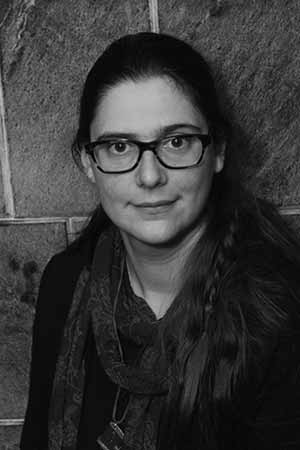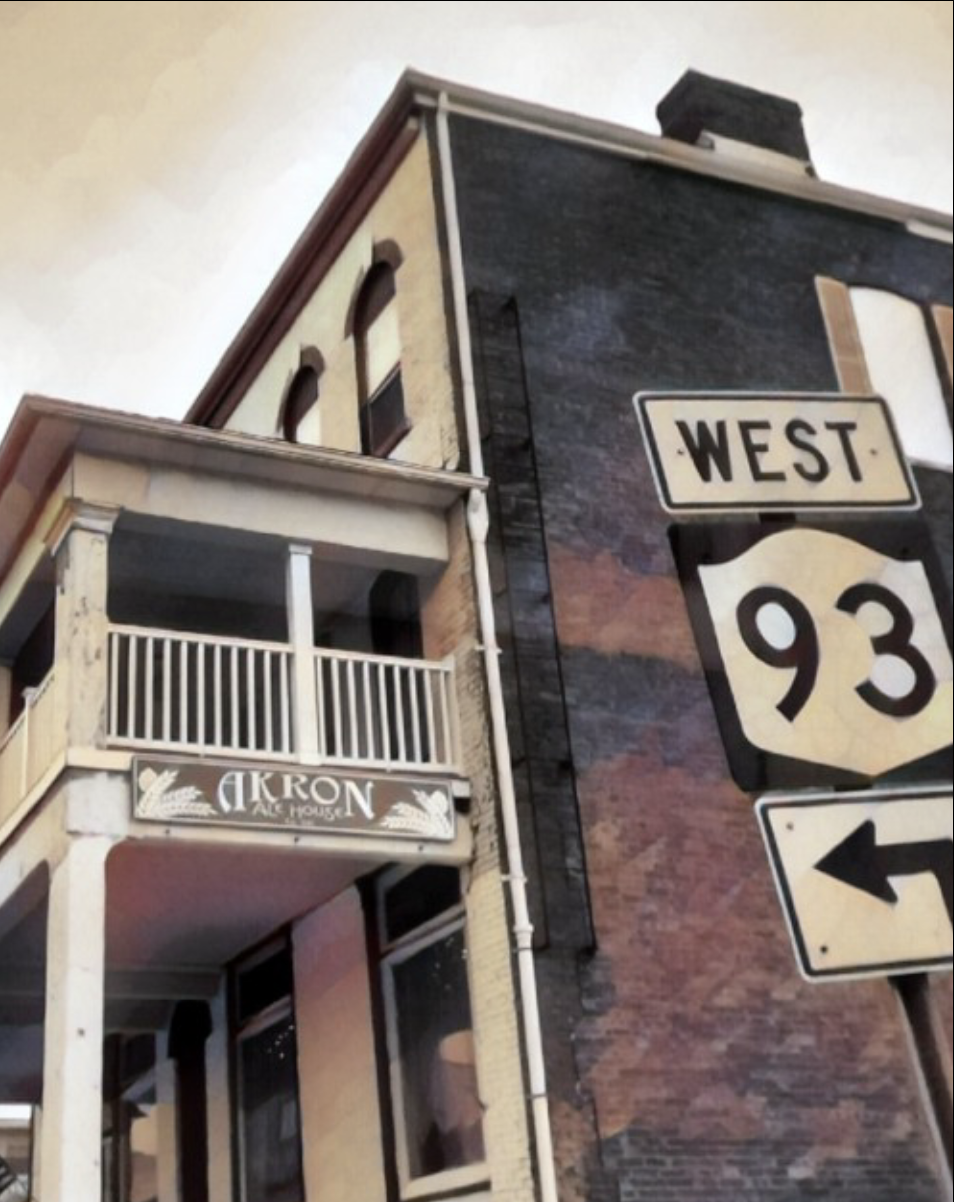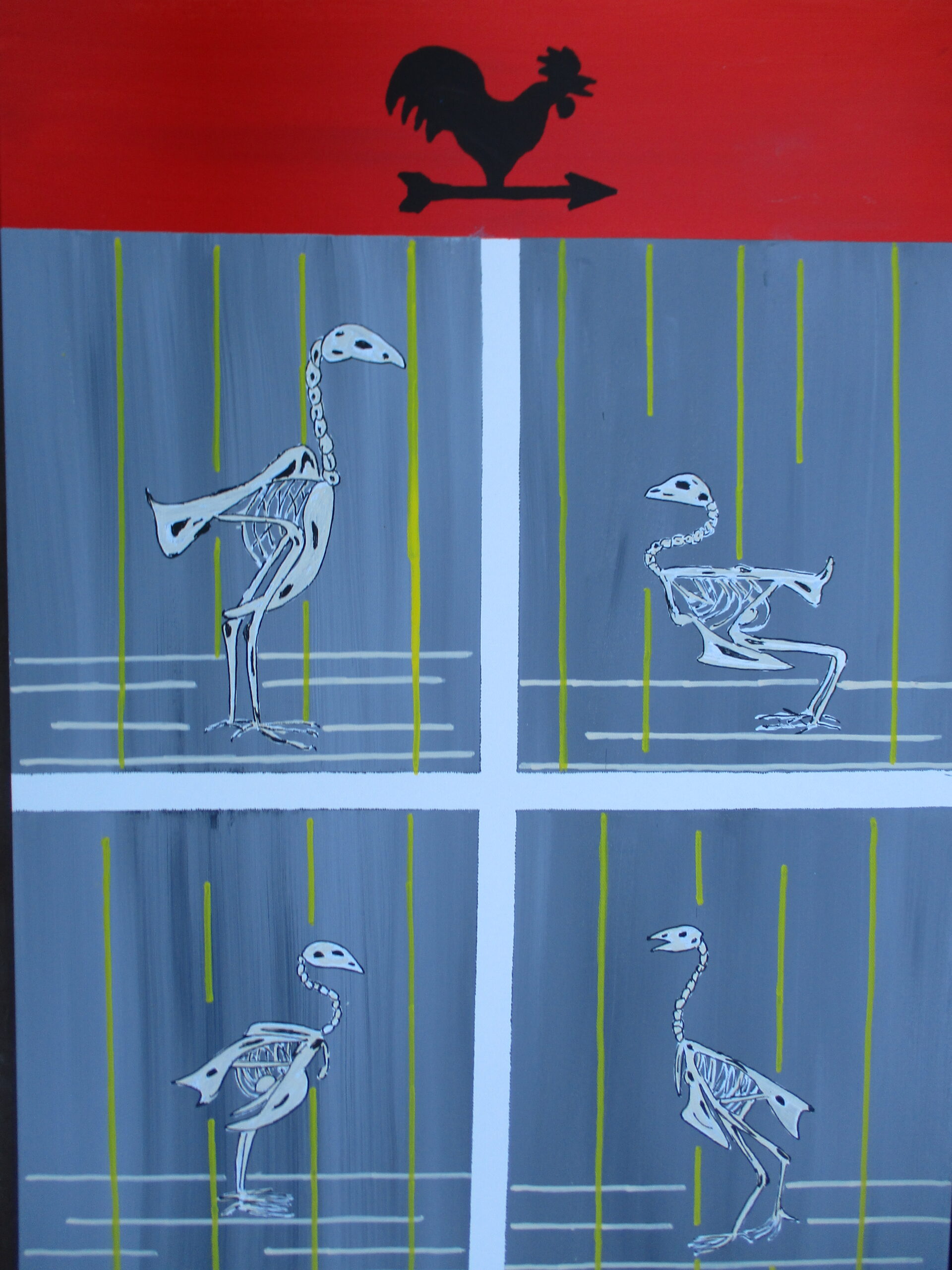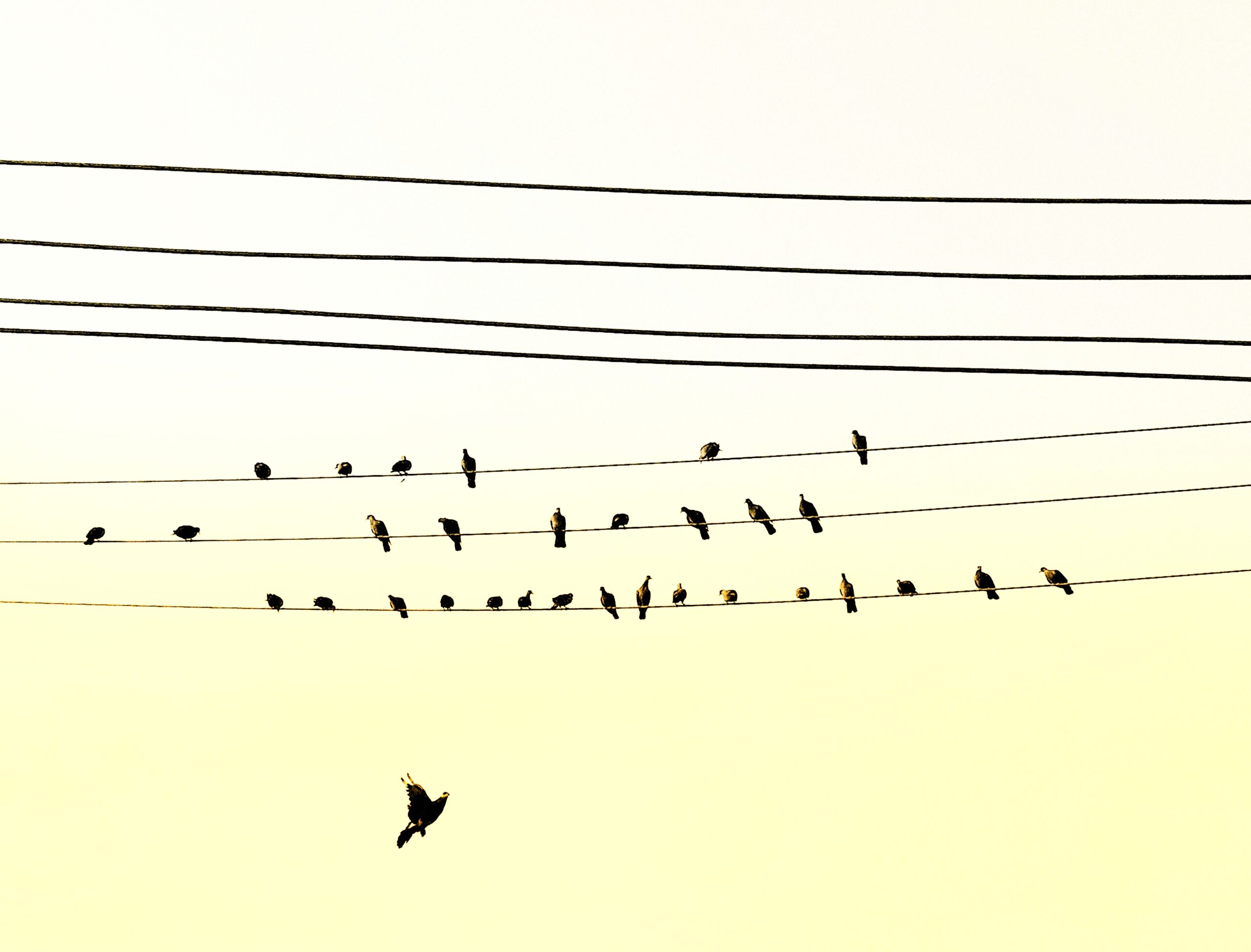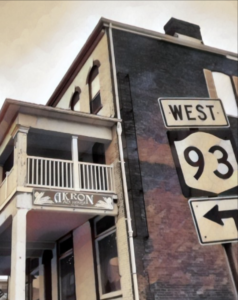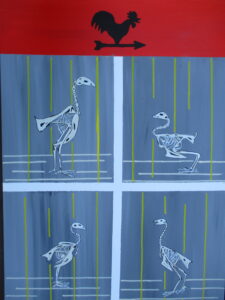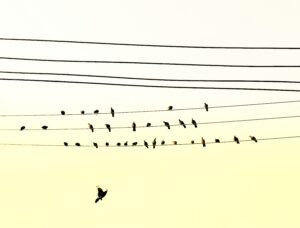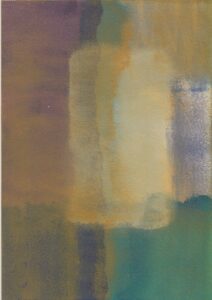Author’s Note:
In 1912 the State of Maine forcibly evicted an interracial community of roughly forty people from Malaga Island, the small island off the coast of Phippsburg, Maine that had been their home for generations. Eight islanders (including the entire Marks family) were committed to the Maine School for the Feeble Minded in Pownal, Maine, while the others struggled to find homes on other islands or on the mainland, where they were often unwelcome. The Malaga school was dismantled and rebuilt as a chapel on another island. The island’s eighteen graves were exhumed, consolidated into five caskets, and reburied at the Maine School for the Feeble Minded. It took only one year from the start of the eviction proceedings for the Malaga community to be erased.
Interview with the Dead
by Julia Bouwsma
Who were you then?
And instantly the tongue becomes the prism
of fracture, land of washed green light—
ferns, wild hops, hemlock, lichen
skinning the granite outcrops.
And instantly the tongue becomes a well—
a stone cast into memory’s falling.
When there’s no one left name the helix of departure
unfurling inside you—
wear silence as a tattered shirt, a stain
of torn buttons.
We carried it in our spines
and anyone could see it when we walked.
And instantly the tongue turns to salt,
white film and blanche—
for not even the tongue can taste
what came before salt.
How do you remember your island?
As stone fingers spread an octave into the sea
As salt brands ankles and red-mud heels callous to clay
As dreams in which we still pick blackberries
As brambles scratch a map into our skin
As we thread the fishhook, pull the line taught
As a catch of blood in the back of the throat
As fingers tying a knot
How did you leave?
Our houses became our bodies—we lashed
ourselves to rafts. Our bodies became boats.
Some left as cargo in boats, boxes.
We wept or did not weep
until Home became the rubble
between our teeth: the thing one cannot
bite for fear of breaking.
Then we were a people sculpted of wind,
and when we left, we scattered as breath,
lingered as breath—
then we were a people carved of gravel and dust,
and we left as the land
stripped from the land—
carrying our heart in our fists.
Where did you go?
To hallways
of sweat and bleach
to white walls and
locked doors
to brass bedframes
and the endless folding of sheets
to the thin lips of strangers
at the market
to back doors
of summer mansions
to mud flats
and shanty camps
to clusters of islands
too tiny to name
to houses rebuilt
with the same old boards
but smaller this time
and the windows
all in the wrong place.
What did you leave behind?
Our arms spread out around it all
until our hands could not
meet our hands.
The Tray of Spades
Abbie Tripp
photography was invented with blood
—Ed Roberson
i.
At six, Abbie knows to stay behind the fence rails,
though she twists up on the corner post, tries
to grow her body bigger, keeps her eyes down:
things you do in front of any strange animal.
Every step of this yard is hers—the hills
her bare-arched feet press into graveled clay make a map
of her flesh, a geography
of peeled sunlight and cedar bark,
but the arm holding the black box
to white man’s eye casts a shadow
over the grass, the daisies, fades
them to flour sack,
as little Pearlie mouths the rail beside her,
peeks out through the stick fence,
and old Annie Parker creaks her chair—
a rhythm Abbie breathes in
like the sound of the sea as she weaves her toes
into the dust, digs in her heels.
She could follow her feet out of this gate, scrabbling
over the rocks and broken shells to the bay.
Instead she braids her palms
to the top of the fence post, elbows bent
to the rails, torn dress falling all around her
loose and streaked as eider wings.
The white man lifts his black box again, says
stand still.
ii.
The flash bulb glints one hundred teeth in an open mouth.
The camera is a cracked door anyone can open—
last winter the frost-heaves swelled like a frown
beneath Annie’s house, corner posts shifting
until the door wouldn’t latch,
and she tied it shut with rope.
Now she pulls Pearlie onto her lap.
Sometimes the restless heat of a child’s limbs will keep
the cold out, will hold the ghosts at bay.
Her face is a haze of brush smoke, acrid snap
of pine pitch, lips collecting in creosote pools,
as she glares the camera down—
Annie knows no good ever comes of a mainlander
staring into your open door.
iii.
Afterward, the picture finds its way to Boston,
where it’s cropped and stamped.
The postcard: it sells and sells.
This poem is after a postcard titled “The Tray [sic] of Spades” (c.1907, Boston Post-Card Co.). The subjects of the photograph were Abbie Tripp, Pearlie Tripp, and Annie Parker, all residents of Malaga Island.
Feeble Minded
My heart grows tall as a granite house. Stone to the top,
corridor over corridor over corridor, and me—
a hollowed-out candle left burning in the front hall.
Home, the late-night guest who never arrives. Hear the whisper
like floor drapes I sweep the dust behind: There are places
for people like you. I’ve been here so long my mind
is a lost room: boot-squeak and bleach, rusted latch sticking
the trapdoor. Memory, a scrap of cotton I fold and fold
until the fabric strips the scent from my palms. If I don’t
make it out, tell my daughters their mother’s skin
is an abandoned shed, grayed pine and dry rot, but inside—
inside holds the taste of salt cod, the sweet clotting of blueberries
drying on tin-roof sun. Tell them to jimmy the lock, to search
if they can. Their fingers will remember. Tell them,
Find it. I still have the map.
• This poem is written in the voice of Abbie Marks, who was remanded to the Maine School for the Feeble Minded as the result of the State of Maine’s 1912 forced eviction of an interracial community from their home on Malaga Island. It is addressed to her daughters Lizzie and Lottie, who were committed alongside her.
Shed Night
daddy’s fists you know they’re tight as oarlocks and when he gets mad
they silver like cedar knuckle-thick skin peeling back fast
as that chair splinters fast as the bottle rolls
mama steps to the latch we are following the whites of her eyes
daddy is gone to the gale again he is rowing all alone
in an ocean swelling fever like a dead mother’s skin
now the back window pull pull little sister cause it’s a shed night
sure as dawn will come cracking light under the door
we will hunch all night through the rattle and shake
waiting for the silence that always rolls in before birdsong
time to tiptoe back over these are the pieces and these are his limbs
This poem is after an interview with Gloria Harrison, daughter of Harold Tripp. Unable to find anywhere to live following their eviction from Malaga, Harold’s family lashed their shack to a raft and harbored at neighboring islands. During this time, Harold’s mother, Laura Tripp, became gravely ill and died in an incident which haunted Harold throughout the rest of his life.
Each Morning Drowns in Open Air
If you could kick your feet through loose shells now, you’d hear
them skitter—the sound of your body forgetting
your body, forgetting your land. Without harbor, longing piles
your skin. Without harbor, cells cluster to islands inside you, white
as bone-bleach sun. You become a terrain for fever, a toothache
in the mouths of strangers as you pass. Without memory,
you become a permeable scent wafting through an empty
hallway, oil soap and wax. One has only to exhale
and you might disappear. If you paused by the mirror
you’d see the fish scales falling from your eyes,
but you never do. To try to name yourself now is to cauterize
an abscess that drains into the heart. Silence is a muscle
you open, then close—practice like sleeping
or eating or prayer.


